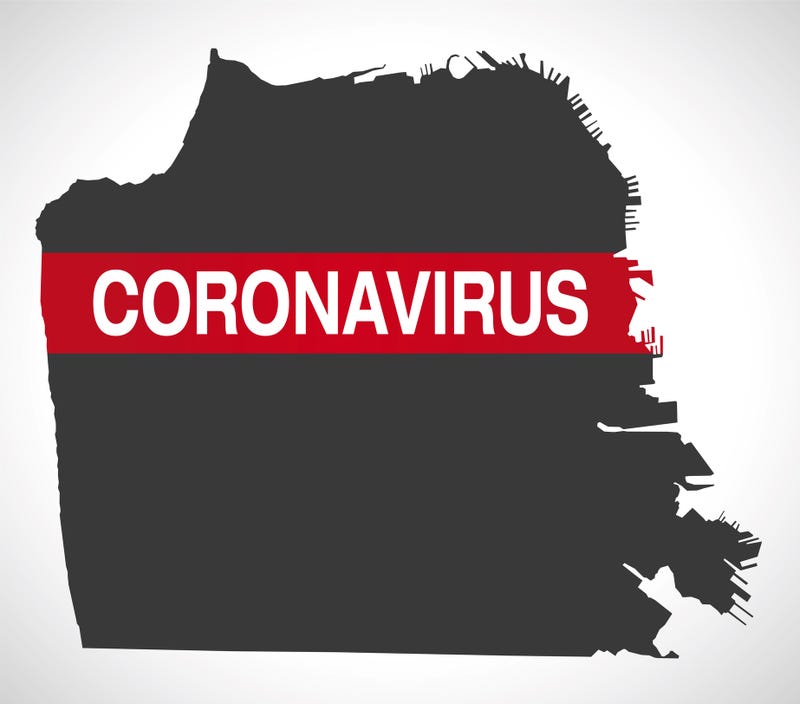
More than 80% of people eligible for COVID-19 vaccines in San Francisco have gotten at least one dose.
So, why is the city's case rate higher than the state's average? Officials are looking for answers.
California's 7-day average case rate is 9.5 cases per 100,000 people. San Francisco's number is 11.2.
The San Francisco Department of Public Health said in a statement to KCBS Radio that further analysis is needed, but one potential factor is whether the city is testing at a higher rate than the state.
"As a city, we are prioritizing testing in our hardest-hit areas to detect disease," the department said. "As the second densest city in the country, we know viruses that are highly transmissible will spread quicker within the community."
The city provided KCBS Radio with data through July 12. San Francisco had 9.3 cases per 100,000 residents at that time, while the state had 8.2.
Dr. Peter Chin-Hong, an infectious disease expert at UCSF, told KCBS Radio that clusters are popping up among unvaccinated residents.
"People who are unvaccinated tend to cluster in families or social circles," Dr. Chin-Hong said. "So, when an infection gets into that cluster, it kind of spreads within that cluster."
Dr. Chin-Hong pointed to Bayview-Hunters Point as an example of how some vaccinated residents are experiencing "breakthrough" infections.
Cases are mainly occurring among unvaccinated people. But because the virus is circulating more due to the delta variant's higher transmissibility, some vaccinated people are becoming infected.
Even if a vaccinated person is infected, Dr. Chin-Hong said they are unlikely to become very sick. The vaccines' "golden apple" is preventing disease rather than infection.
"At the end of it, if we have enough hospital beds and ICU bed capacity, and our death rate is flat, I'll be extremely happy," Dr. Chin-Hong said.

